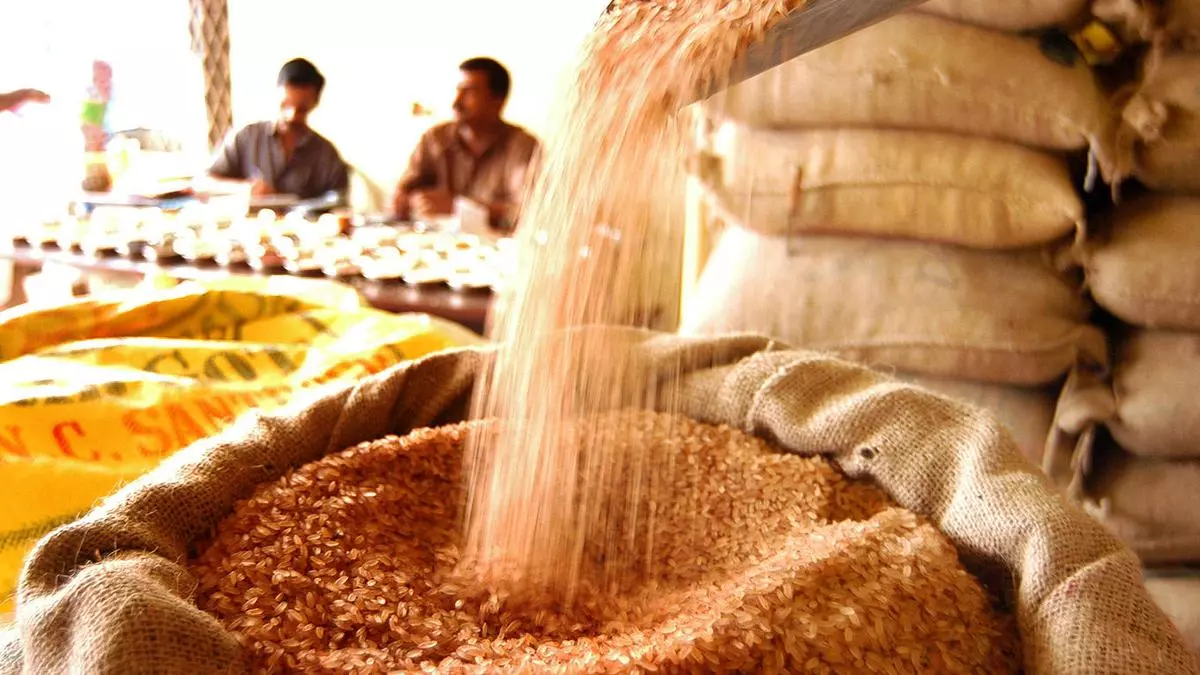Agri exports in April-June decline 3% to $5.88 bn
Agriculture exports in April-June 2024 have declined 3 per cent (year-on-year) to $5.88 billion owing to multiple factors such as the Red Sea crisis impacting freight cost, fall in global prices of maize and export ban on rice, according to the government.
The decline in overall exports of agriculture products is mainly due to a dip in exports of regulated items as exports of non-regulated items have mostly increased in the April-May 2024 period, an analysis of exports of the scheduled products under Apeda reveal.
In April-May 2024, exports of 23 groups of non-regulated agriculture products increased 3 per cent to $3.38 billion, per figures shared by Apeda. These include basmati rice; buffalo, sheep & goat meat; fresh and processed vegetables & fruits; pulses; dairy products; alcoholic beverages; poultry products and floriculture.
Three regulated groups, which include non-basmati rice, wheat and milled products, posted a 12 per cent dip in exports in April-May 2024 to $954 million.
Non-basmati
During the first two months of this fiscal, basmati rice exports rose by 13 per cent to $1.03 billion but non-basmati rice exports declined by 13 per cent to $918.83 million.
The Commerce & Industry Ministry is also working on identifying non-tariff barriers (NTBs) in major markets and putting them on a portal to systematically deal with them. “The portal for registering and resolving NTBs faced by exporters will also help us to monitor all the efforts done to resolve those issues. In the next 2-3 months hopefully, we will roll that out,” said Rajesh Agarwal, Additional Secretary, Department of Commerce at a briefing on Friday.
A task force, chaired by Agrawal, is also looking into the resolution strategy for NTBs.
Items exported from India most susceptible to NTBs include chillies, tea, basmati rice, milk, poultry, bovine meat, fish, chemical products to the EU, sesame seed, black tiger shrimps, medicines, apparel to Japan; food, meat, fish, dairy, industrial products to China; shrimps to the US; and bovine meat to South Korea.
Non-tariff measures (NTMs) are mostly rules put in place by various countries to protect human, animal or plant health and environment. These may be in the form of technical measures like regulations, standards, testing, certification, pre-shipment inspection or non-technical measures like quotas, import licensing, subsidies and government procurement restrictions.
NTMs can act as NTBs if they are not based on scientific proof or if they are difficult for an exporting country to implement because of lack of expertise.
